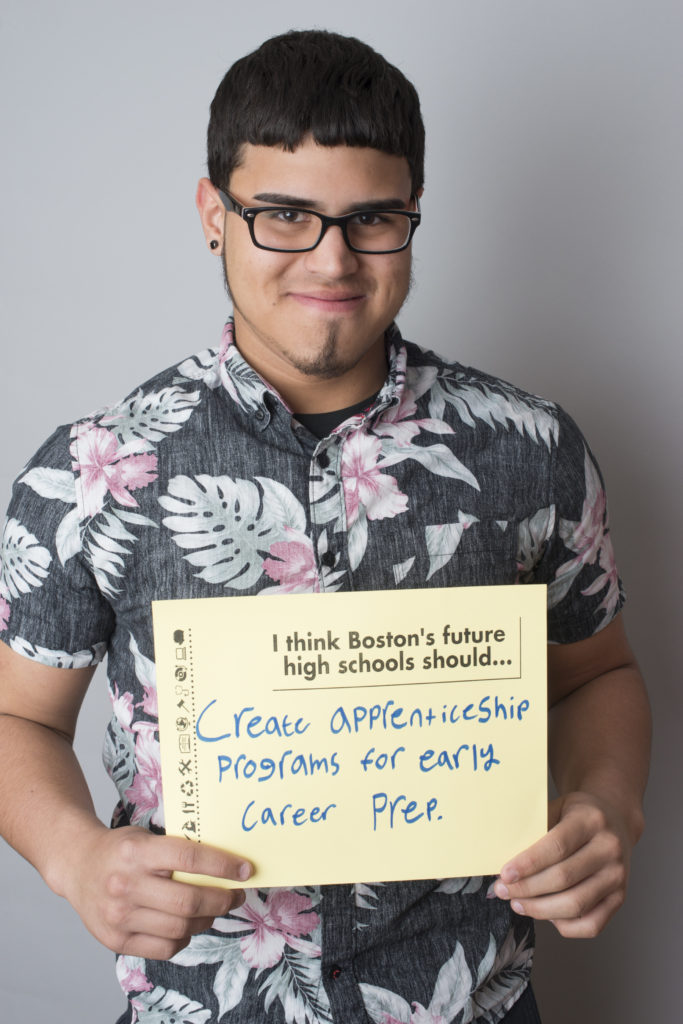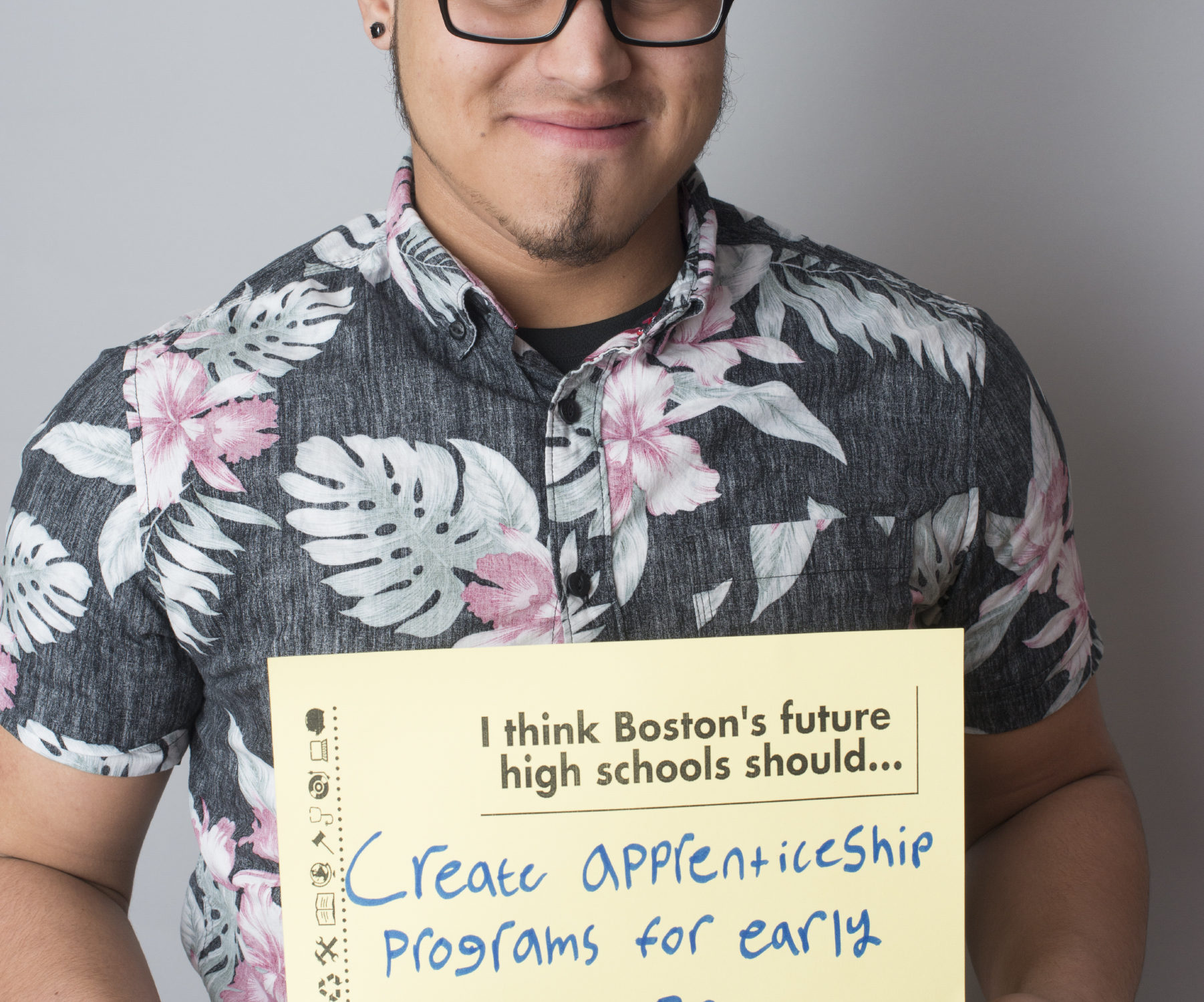
By Exavier Sanchez
High school is the place where you prepare for your future. The schools could do a better job with that by supplying students the resources that they need to succeed, such as apprenticeships or more hands-on learning.
I once had a friend who would always talk to me about being a mechanic and would do anything to be one. To make a long story short, he dropped out in 9th grade because his school wasn’t teaching him what he needed to know. “I thought I was in high school, not middle school. No independence, just pressure. No motivation to push forward.” When he told me those words there was nothing I could’ve said that could’ve changed his mind. He was absolutely right.
Where are the trips to labs or business buildings so we can get a taste for what we want to learn?
Two years later I see myself in the same place as he was, but I am more determined than he was to finish school in order to get a job that can supply me with a decent living when I graduate. I asked myself, ¨Why is school disengaging to me?” I thought high school was a place where you learn about the career you want. Where are the trips to labs or business buildings so we can get a taste for what we want to learn? Schools need to implement a new way of learning by using an apprenticeship program.
If you don’t know the meaning of an apprenticeship program, it is basically a way to practice the field of work you want to pursue. For example, if I wanted to become a mechanic I could find a program at a car shop so that I could get some hands-on learning at an early age. Apprenticeship programs would allow students to get some hands-on learning in a career they’re thinking of pursuing. It also teaches you skills you can’t learn in a classroom, such as ways to present yourself well and better communication skills. I spoke with Nancy Hoffman, vice-president at Jobs for the Future. She stated, “BPS is barely handling this problem.” There are simply no apprenticeships at the moment, which can be a cause of our disengagement and dropout problem. [1]
A way to educate a student with hands-on learning is by introducing apprenticeships into the school curriculum and making the education system revolve around them as it does in the United Kingdom. In the UK, they emphasize apprenticeships because they want their young adults to be prepared and ready for a career.[2] Our education system always questions why so many young adults are failing and not caring about school so much. Well, if it was to actually pay close attention to why students ¨don’t care” it would see that they want to learn something that they care about. The solution? Apprenticeship programs.
My good friend Nancy Hoffman mentioned that Jobs for the Future has partnered with Bunker Hill and Charlestown High School to start a technology program that gives access to hands on learning for any students interested in technology.[3] The Boston Public School system as a whole should create such partnerships.
Here is more from my interview with Nancy Hoffman.
Exavier: Do you agree that apprenticeship programs can engage students in a way that schools cannot?
Nancy: Yes, I do. I spend a lot of time looking at apprenticeship programs in other countries and what you see in Switzerland, Germany and Austria and what you see if very, very low dropout rates, very high, easy transition into the labor force because kids are learning in the workplace.
Exavier: How can schools reach out to employers to create partnerships?
Nancy: I think that’s the big challenge because in places where teachers have been told you should go develop internships it’s really way beyond what they can do, they have to be in school. Boston has probably the best organization in the country to connect students to employers called PIC, Private Industry Council.
You have a PIC representative in your school. They place people in summer jobs. In February, they have a job matching day and they help people prepare resumes and they match students with summer jobs. That’s one of the biggest programs in the country and Boston places about 11 thousand students in summer jobs so you actually need an organization like that, I think, if you’re going to make lots of opportunities available. I mean you could go out, maybe because you’re charming and smart and find yourself an internship. But if you’re going to do it for everybody then you need some organization that can help to work between employers and schools. The PIC has people who know the tech industry and they know what kids are learning so they can help the company develop a job that the high school student can do.

You must be logged in to post a comment.